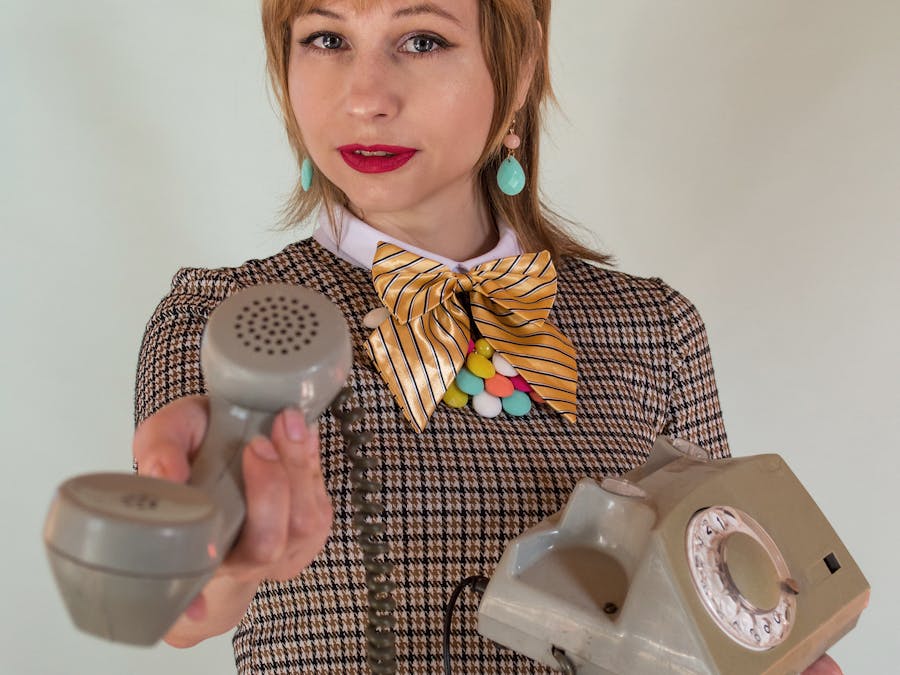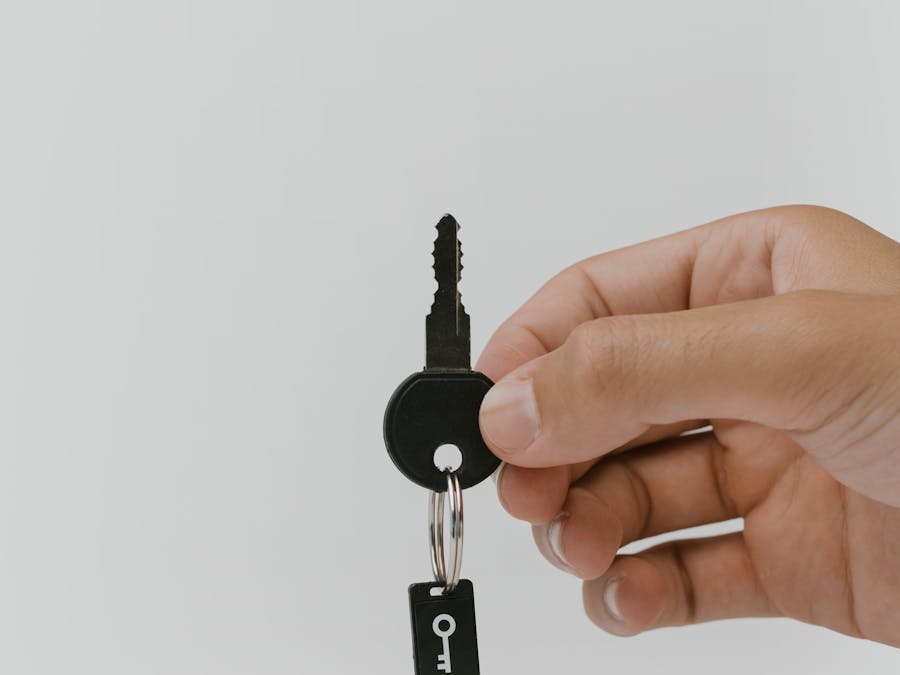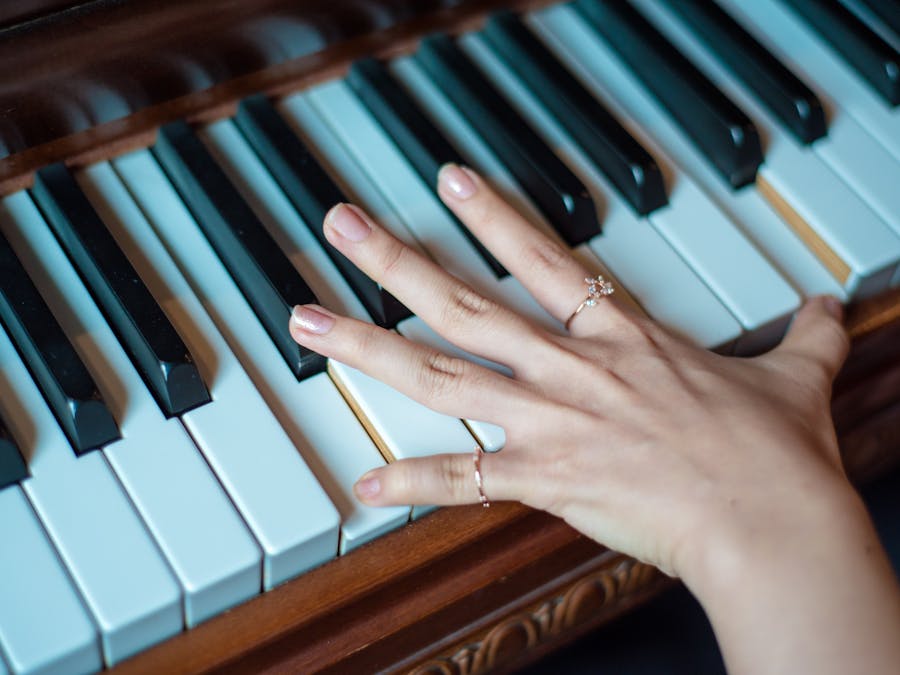 Piano Guidance
Piano Guidance
 Piano Guidance
Piano Guidance

 Photo: Levent Simsek
Photo: Levent Simsek
Master Mozart really raved about “his Prague people” who “understood” him. [iii] Even before his trip to Prague, the countess Thun[iv] had gone on and on to him about a certain “Ludwig Beethoven from Bonn”, that he “must” hear him at the piano. He was supposed to be a “divine miracle” (well, that we already know…).

Practicing Guitar Trains your Heart Indeed, researchers in the Netherlands have revealed that musicians and people who practice a musical activity...
Read More »
However, often a giveaway piano is given away because it hasn't been played in years or the owner knows that it is need of some repairs and is not...
Read More »The anecdote related here is, to be sure, purely fictitious, though it may well have more or less happened this way; see also the documentation in the footnotes.[i] When the sixteen-year-old Ludwig Beethoven visited us in the middle of February 1787, Master Mozart was indulging in his fond memories of Prague. Only a short time before he had returned[ii] to us in Vienna, telling us enthusiastically about his visit to the Bohemian capital. He would have been exuberantly celebrated and carried around on their hands. Master Mozart really raved about “his Prague people” who “understood” him.[iii] Even before his trip to Prague, the countess Thun[iv] had gone on and on to him about a certain “Ludwig Beethoven from Bonn”, that he “must” hear him at the piano. He was supposed to be a “divine miracle” (well, that we already know…). This Ludwig would soon be coming here to Vienna without his parents, especially to see him, Mozart. This Ludwig is so in love with his music and is utterly longing for lessons with him. But Mozart simply didn’t want to have anything to do with this at all: “You know, my dear friend, I don’t much like taking on pupils; it takes up too much of my time and disturbs me in my work.”[v] By then Constanze was going on at him as if he were an invalid: “How can you just refuse Countess Thun this wish? You know what a friend we have in her. This Ludwig may or may not be gifted…” etc. Finally, then, Master Mozart agreed: “He may come by when he wants. But I won’t give him any lessons. After all, we already have here our Nepomagnus [nickname for Hummel],” he flattered me. So, Master Mozart wistfully thought back all the time on the beautiful Prague weeks. He had completely forgotten about the visit of this supposed prodigy from Bonn that the countess Thun had announced. All of a sudden, the two were standing in the room, the countess and Ludwig. Mozart was sitting at the piano trying out ideas for his new opera, to be called, by the way, “Don Giovanni”. Then standing there now in the room was this rather puny, not very handsome Ludwig from the electoral residence city, but sprucely arrayed, I have to say. Beside him, the elegant countess Thun. I was immediately surprised, because contrary to expectations, the boy looked at the master with his big black, almost glowing eyes, not rather modestly or even submissively, but full of challenging expectancy. “Well, he is coming from Bonn on the Rhine expressly here to the Danube, to me?” Mozart, somewhat bored, begins the conversation. I’m standing the whole time in the corner and not being noticed at all. “Yes, your Archduke Maximilian Franz would have liked indeed to have brought me to Cologne; [vi] but, completely entre nous, isn’t he a pretty stupid, fat fellow?[vii] Ha ha, he won’t have sent him here to entice me away from Vienna?”[viii] Beethoven’s attention is, however, from the outset on the big fortepiano with the pedalboard beneath, standing with the keys towards the window.[ix] “May I play for him? Please! And does the pedalboard work like the one on an organ?” – “Well, not so fast, my boy. How old is he then, and who are his parents? He is probably in the archduke’s employ? What other instruments does he play besides the piano?” This is how a small dialogue first develops, though not really making any headway. Young Beethoven is stubborn and doesn’t really like talking. But not because he is excited or insecure. No, it is obvious that he simply wants to play something on the piano for our Master Mozart. Well, we’ll just see if he can do it as well as I do. Mozart briefly imitates the boy’s funny Rhenish dialect, then enquires whether his guest has already composed anything and what it would be. For when he was that age he had already produced hundreds of things, for example several operas, symphonies, piano and chamber works. This now intimidates young Ludwig, who is becoming more and more sympathetic to me, but then briefly also just a bit intimidating, because evidently he has so far produced only very little as a composer.[x] His strength is the piano: “I reckon Herr Mozart’s piano concertos are the greatest that have ever been done. I shall also compose one once in c minor.” And without further ado, he rushes to the piano and immediately begins in a powerful forte the opening unison of the concerto in c minor. [xi] “Stop, stop!” the Master immediately interrupts him. “It first opens in piano, softly and dangerously – where in the world has he gotten the score? He learned that wrong. Modulate from c minor to other tones and improvise something beautiful for us.” Ludwig, flinching at first, but now visibly spurred on by this instruction, once again begins the first Mozart concerto measures in the minor in a delicate piano, but immediately takes up the large leaps of the main motif and modulates into other harmonies. Further and further on, very different from what the Master had composed. It is really astonishing how far he has departed from the basic key – daring, headstrong and yet always comprehensible to us connoisseurs. Master Mozart is becoming more and more attentive, his excitement is rising. Visibly aroused, he suddenly gets up and goes to the piano. Beethoven has, however, completely forgotten his surroundings; on and on it goes, dashing runs and arpeggios on the right, fingers flying over sometimes painfully dissonant chords on the left; in astonishingly clean legato, both hands rushing all the way up and down over the entire keyboard in unison and third passages; all sorts of very rhythmically intricate sounds can be heard. Once, just before the end of his fantasy, the furioso deftly leads into a short, quiet passage of exquisite sounds: he hereby delicately hints at the heavenly E-flat major theme from the c minor concerto’s slow movement. After a dominant double trill, the wild chase comes to an end. A retarding Neapolitan 6th chord as a deceptive cadence and then the spontaneously improvised performance concludes with a repeated cadence in c minor. I’m truly impressed. Terrific! He’s at least as good as I am, an incredibly strong left hand, maybe a bit rougher in playing overall, but really a wonder boy; when improvising, he’s much more secure and much more daring than I am. But was the Master really pleased with all of this? “I’ve never heard such playing – it’s truly satanic,[xii] young man,” says Master Mozart after the last chord fades away. He familiarly places his hand on Ludwig’s shoulder. As I know, this act is an approbation, almost a knighthood. Ludwig, his dark hair meanwhile somewhat dishevelled, his cheeks reddened, looks at him directly, without any shyness, downright provocatively. “He plays brilliantly!” Then he switches to the familiar “you [Du]”. “You really don’t lack dexterity, but perhaps still a little good taste. I also now and again feared for my good Walter. The fortepiano, my dear, as the name suggests, and unlike the clavicembalo, allows us piano players many nuances. Let’s use them expressively. Oh well, you’re still young. I mean, you should go in even more for fine playing; and avoid what is rough. More piano singing than hammering, my best one! And more importantly, more expression than hollow frenzy and strong-arm tactics.”

Perfect Chords: The Key That's because Sheeran recorded Perfect in the key of Ab major. We all know that Ab major is not a friendly key to the...
Read More »
Taking up piano will not make your finger skinnier, because we cannot spot-reduce fat, nor will it make them more muscular, as humans don't have...
Read More »
Pianoforall is one of the most popular online piano courses online and has helped over 450,000 students around the world achieve their dream of playing beautiful piano for over a decade.
Learn More »Beethoven is disappointed, looks at the keys. He had probably expected more praise and less criticism from his idol. Doesn’t he notice that with his words Master Mozart recognises him as a musician like few others? Rarely have I heard him speak so benevolently. “Once again: You are a true virtuoso, your talent is superior. The world will hear from you.[xiii] Alone …, you’re missing … a little bit of the polish and a good role model.” All of a sudden, the master turns directly to me whom Beethoven had completely overlooked. “Nepomukl [nickname for Hummel], wouldn’t you like to play the young gentleman from Bonn a few variations extempore? I want to show Ludwig how singing and rounded piano playing can be. Ludwig, you will hardly believe it: look, this frail boy, barely more than half your age, is already a mature virtuoso, one of our best. He’s apprenticing with me, so to speak, and so he’s also mostly living here with me. I’m counting a lot on him. Of course, he’s not quite finished yet, as you also aren’t. You will immediately hear the difference, what you are still to work on. Pumukl [another Hummel nickname]: You know my ‘Figaro’. How about ‘Se vuol ballare?’”[xiv] And Master Mozart seats himself on the piano bench, pushes Ludwig to the side and quietly plays the “Se vuol ballare” theme. In F major, with pedal, delicately staccato, like a pizzicato, almost like a harp. A simple trio movement, pure music. He repeats the last part opening with the dominant, rounding it off. What a contrast to what was heard before. Elegance, distinctive tone, form, simplest technical means, and: as if made for variations. I don’t hesitate. I sit down at the keyboard and play as best I can and just how it comes to mind. The theme again, first of all, in order to get it better in the fingers and in the mind. And then something like the master repeatedly gives me as a guiding principle: first a few quick figurations on the theme, then let the melody disappear and improvise only on the harmony, not forgetting the left hand. There is also a slow variation and one in the key of the minor third. I succeed very well with the latter. And in the end a change from 3/4 to 4/4. The master is satisfied, and when I look at the young Ludwig, he spontaneously shouts “Bravo! Formidable. I’d never have believed that. You’re a real guy!” Master Mozart still advises the departing Ludwig to adopt the variation in particular and to practice it constantly, improvising on the piano: “The variatio sets all our imagination free; the simpler the material, the better. The variation leaves us much freedom and at the same time constrains us within a tight cage. Remember that! I think he’ll sometime achieve in the world great things in the variatio,” he adds with a laugh and a pat on the shoulder, and quickly bids farewell to the grateful Ludwig and the countess. “He’ll be back again soon!”

The Best Keyboard Pianos for Beginners of 2022 Best Overall. Alesis Recital Pro. Best Value. Casio CT-X700. Donner DEP-20. Casio Casiotone LK-S250....
Read More »
In the 19th century the English phrase blue devils referred to the upsetting hallucinations brought on by severe alcohol withdrawal. This was later...
Read More »
Pianoforall is one of the most popular online piano courses online and has helped over 450,000 students around the world achieve their dream of playing beautiful piano for over a decade.
Learn More »[i] Ca. 1787/88 Johann Nepomuk Hummel (1778–1837), then about 9 years old, supposedly lived in Mozart’s household and was for a long time his pupil. Though there is no evidence at all of this in the relevant Mozart letters or other primary sources, but it comes from the sphere of the Hummel biography. Mozart scholarship is in no doubt about the fact itself. See: Otto Erich Deutsch, Mozart. Die Dokumente seines Lebens, Kassel, 1961 [cit. below as: Deutsch/Documents], pp. 303, 452, 481f. (“The little Hummel becomes Mozart’s pupil in 1787”; in English: Otto Erich Deutsch. Mozart A Documentary Biography, Stanford University Press: Stanford, CA, 1965/1966, pp. 346f., 569f.); in: Johannes Hummel on his son Johann Nepomuk (1873). See also: http://www.jnhummel.info/en/lifeearlylife.php and https://en.wikipedia.org/wiki/Johann_Nepomuk_Hummel Beethoven’s first stay in Vienna, according to more recent findings, took place as early as January 1787, but then, allegedly because of his mother’s sudden illness, he had to return to Bonn around March/April; see: John Hoyer, “Wann reiste Beethoven erstmals nach Wien?”, in: https://en.wikipedia.org/wiki/Beethoven_and_Mozart. Whether in Vienna he actually met Mozart, his great idol, in person is disputed but easily possible, though there are no reliable documents of this, and remarkably neither he nor Mozart himself ever said a word about it. The following linked anecdote is, however, well known, as reflected in Otto Jahn’s absolutely serious Mozart biography (pp. 306f.): “The above report was communicated to me by a good source from Vienna”: https://books.google.de/books?redir_esc=y&hl=de&id=b4UfAAAAYAAJ&q=beethoven#v=snippet&q=beethoven&f=false. [ii] Mozart’s first stay in Prague is dated 11 January to ca. 8 February 1787 (Deutsch/Documents, pp. 250f.; Documentary Biography, pp. 284f.)

With single-color keyboard backlight keyboards, FN+F2 decreases the backlight brightness. Oct 18, 2022
Read More »
Although the number of possible melodies is finite, it is so very large that for all practical purposes, the supply of new tunes is infinite. Nov...
Read More »
5-3 Chords 5-3 means root position chord. Look at the bass note (B). Add a note which is a fifth higher (F#) and another which is a third higher...
Read More »
The powerful Mercedes-Benz, which has been fully restored, could fetch up to $7 million. Dec 23, 2017
Read More »